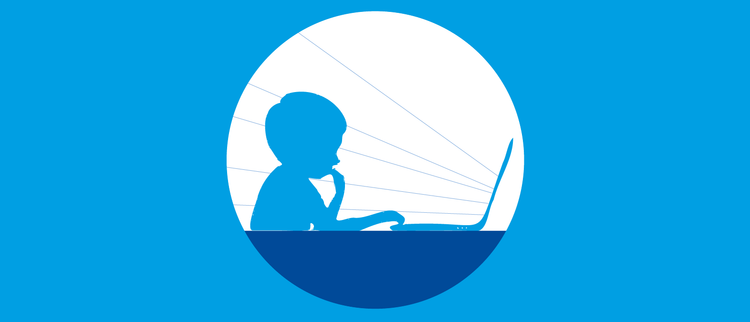
Today, with its first ever position paper on the issue of online child abuse, commercial targeting and privacy infringements, Renew Europe calls upon EU policy makers to take the interests of children into account throughout the EU law-making process within the digital field. At least one in five children in Europe are victims of some form of sexual violence. That is why Renew Europe in its position paper strongly recommends the creation of an independent EU centre to combat and prevent child sexual abuse.
MEP Hilde Vautmans, Co-Chair of the Intergroup on Children’s Rights and co-author of the position paper, says:
“I see an important role for the future independent EU Centre to combat and prevent child abuse, which will coordinate investigations into Child sexual abuse, receive and analyse reports, support Member States in adequate prevention and assistance programmes, as well as with the correct implementation of the Directive. Given the staggering figures of online child abuse, we must do better and ensure our children can enjoy the digital world in a safe way.”
Our group also calls on the European Commission to develop a training programme helping children, parents and caregivers to build digital resilience to protect themselves against grooming, harassment and harmful content. In practice, this also means that future legislation should lay down that if a digital service is likely to be used by children, it should ensure an age-appropriate design, content and advertising. This means that children should no longer be targeted with personalised online advertisements.
MEP Liesje Schreinemacher, Member of the IMCO committee and co-author of the position paper, says:
“The internet was never designed for children, but they have become a large and commercially interesting group that is exploited by companies and individuals online. New European rules present an opportunity to renew our online environment to empower children to make real choices about their online experiences. And at the same time, we need to stop harmful commercial practices that specifically target our children, just like we do in the offline world.”
The recommendations call for the existing network of National Safer Internet Centres to be strengthened and for digital service providers to submit risk assessments together with proportionate measures.
Lastly, digital service providers must use state-of-the-art technology that is evidence-based, proportionate and accompanied with adequate fundamental rights safeguards and human review to detect sexual child abuse.
Read our position paper with recommendations for a safer internet for children here.
-ENDS-